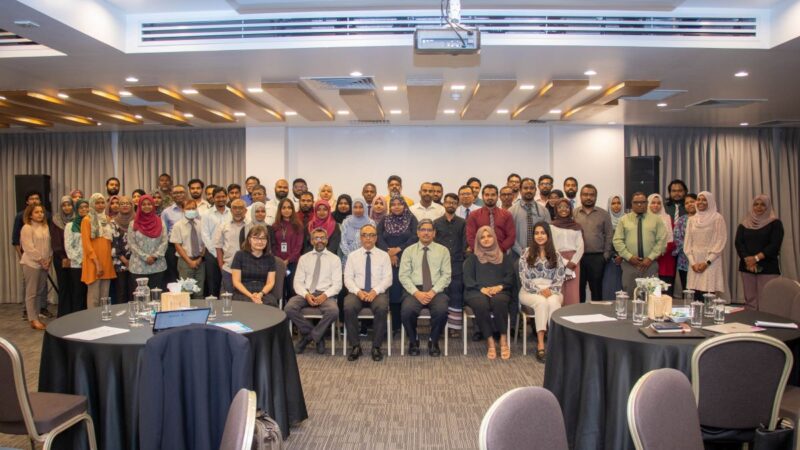Introduction:
The United Nations Framework Convention on Climate Change (UNFCCC) at its COP 16 held in Cancun in 2011 approved a process to enable member states to formulate and implement National Adaptation Plans (NAPs) as a means of identifying medium- and long-term adaptation needs and developing and implementing strategies and programmes to address those needs. The Paris Agreement (2015) in its global goal on adaptation (Article 7) brought new elements and dimension to the climate change adaptation. Namely, enhancing adaptive capacity, strengthening resilience and reducing vulnerability to climate change, with a view to contributing to sustainable development and ensuring an adequate adaptation response in the context of the global temperature limit of less than 2°C. The UNFCCC’s Least Developed Countries Expert Group (LEG) on adaptation released Guidelines for NAPs (December 2012). Furthermore, the Green Climate Fund (GCF) has issued guidance on adaptation planning approaches.
The Republic of the Maldives is a Small Island Developing State (SIDS) and is one of the smallest atoll island nations globally. the country’s as the geographical characteristics of the country — comprising small, low-lying atoll islands — makes the Maldives extremely vulnerable to the negative impacts of climate change, particularly coastal erosion and sea-level rise.
The Government of Maldives has received support from the GCF for a three-year project towards building capacity to advance the NAP process in the Maldives and UNEP is the Delivery Partner.
In response to the climate threats facing the Maldives, the country has undertaken a number of climate-responsive development planning and adaptation processes the NAPA, NDC, national communications, MCCPF and Strategic Action Plan, as well as projects and programmes funded through GCF, GEF, LDCF, AF, and GCCA. In addition to identifying the sectoral priorities and strategies that underlie the country’s national adaptation priorities, these projects have established a baseline from which cooperation and partnership opportunities of the NAP process can be advanced.
Despite the steps already made in terms of Readiness for long-term adaptation, several barriers remain that restrict the national adaptation planning (NAP) process. these include: i) weak institutional and coordination mechanisms for planning climate change adaptation (CCA); ii) limited capacity for planning CCA, including limited technical capacity to assess climate risk vulnerability or appraise adaptation measures; iii) limited and uncoordinated access to financing to reduce vulnerability and increase adaptive capacity; iv) limited access to, and sharing of, reliable climate change information and knowledge for decision-makers and stakeholders; v) lack of systematic integration of CCA into national, island and sectoral development planning and budgeting processes; and vi) lack of monitoring and reporting systems to communicate results of adaptation measures to decision- makers and improve implementation by evaluating lessons learned.
Project Objective:
The overall goal of the project is to reduce the vulnerability of the Maldives’ population to climate change impacts through enhanced capacity for planning, implementing and monitoring adaptation interventions. By supporting the Government of the Maldives in undertaking a process for formulating and implementing its NAP — in accordance with the country’s National Climate Change Policy Framework and in line with national priorities, including those identified in the 2020–2024 GCF Country Programme — the proposed project will achieve this goal and overcome the identified barriers through four participatory, gender- responsive and socially-inclusive outcomes, focusing on: i) enabling national government and non-state actors/stakeholders to advance the NAP process through strengthened institutional arrangements and improved technical capacity; ii) identifying, analysing and prioritising climate change impact and adaptation information to inform adaptation planning in the Maldives; iii) developing a funding strategy for the implementation of national adaptation; and iv) enhancing the capacity to monitor, report on, and learn from the NAP process in the Maldives.
Project Outcome:
The NAP project will support multi-sectoral, medium- to long-term adaptation planning and budgeting in Maldives and promote the integration of climate change adaptation aspects into development policies.
Partners involved:
- Line Ministries
- Maldives Meteorological Service (MMS)
- Utility Regulatory Authority (URA)
- Environmental Protection Agency (EPA)
- National Bureau of Statistics (NBS)
- Maldives National University (MNU)
- Civil Society Organization
- Private sector


